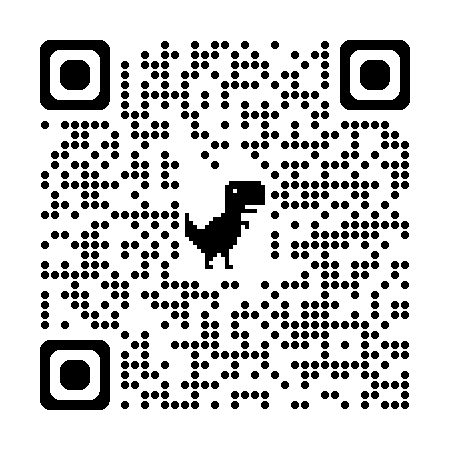Click here and press the right key for the next slide.
(This may not work on mobile or ipad. You can try using chrome or firefox, but even that may fail. Sorry.)
also ...
Press the left key to go backwards (or swipe right)
Press n to toggle whether notes are shown (or add '?notes' to the url before the #)
Press m or double tap to slide thumbnails (menu)
Press ? at any time to show the keyboard shortcuts
Introduction

video is of sea anenome

There are behaviours which are sometimes, but not always, controlled by ethical attitudes.
There are behaviours which have ethical significance such as caring for
another, cooperating with her, sanctioning her for something she does or
fails to do, shunning her, enslaving her, and so on.
These behaviours are often driven by ethical attitudes but need not be. In
fact they can even occur in spite of, and even contrary to, ethical attitudes.
Might be driven by sexual disgust rather than
by any attitude (Tybur, Lieberman, Kurzban, & DeScioli, 2013).
You might even be shunning them against your own
better judgement—you may think that it is wrong
to shun them but still cannot overcome your disgust.
terminology: ethical decoupling
As I use the term, *ethical decoupling* occurs when behaviours
with ethical significance such as caring for another, cooperating,
are not under the control of ethical attitudes.
(The behaviours may, but need not, conflict with ethical attitudes.)
What is the relation between
ethical attitudes
and
the behaviours which they sometimes but not always control?
challenge: characterise the processes, and the behaviours
Other challenge, not covered here: characterise ethically significant behaviours.
(Issue is to avoid thinking that ethically significant behaviours are those caused
by ethical attitudes; but scientists not likely to be very moved by that.
Compare minimal norms in the norm paper.
Solution (and difference to minimal norms) is that ethically significant behaviours
will only be characterised by domain: food-rejection is a response to balancing
nutrition needs against risk of toxicosis (and not satiety, say); care is a response to
need to have surviving offspring and more; purity is a response to ...).
One idea at this point would be to invoke a dual-process theory.
There are multiple processes that can give rise to ethical behaviours such as sanctioning
someone, cooperating with them, or caring for another.
One of these processes is driven by your ethical attitudes.
But there is one—or perhaps more than one—other process which is driven by something
other than your attitudes. (Perhaps by disgust, for instance.)
So the answer to our question is that ethical attitudes are just one among
several causes of ethical behaviour.
My aim in this talk is to evaluate that answer.
In offering it, we immediately face a challenge.
The challenge is to characterise the processes.
How does this dual-process theory actually work? What are the processes? (motivates Greene et al)